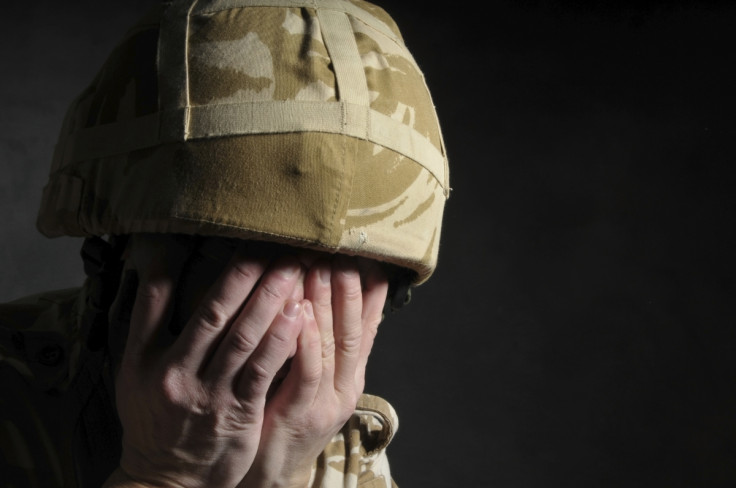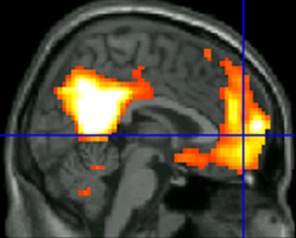PTSD: Brain scans show mindfulness training helps veterans recover from trauma

War veterans who suffer from post-traumatic stress disorder (PTSD) can see their symptoms improve when they practise mindfulness training. Scientists have observed that this mind-body technique - achieved by focusing on awareness of the present moment - triggers changes in the brains of the patients to help them combat the disorder. Their study, published in the journal Depression and Anxiety, investigated whether combining mindfulness with traditional psychotherapy and counselling enabled former soldiers to come to term with painful memories.
In the brain and in the symptoms
In total, 21 Afghanistan and Iraq veterans diagnosed with PTSD were recruited. All went through group therapy for four months, but only 14 of them also followed weekly sessions of mindfulness training, over the same period of time.
Though all the veterans reported feeling better at the end of the trial, scientists noted that those who received mindfulness training made more progress. They conducted functional MRI scans at the start and at the end of the four months, to analyse differences in brain activity. In the absence of mindfulness, veterans' brains displayed extra activity in the areas responsible for dealing with threats.

However, after experiencing mindfulness, two other previously inactive brain networks were activated. One is responsible for wandering thoughts, the other for attention shifts. New, strong connections between both areas appeared on the scans.
"The brain findings suggest that mindfulness training may have helped the veterans develop more capacity to shift their attention and get themselves out of being "stuck" in painful cycles of thoughts," says lead author Anthony King.
This process resulted in symptoms improvement, compared to other participants. Their scores on a standard scale of PTSD severity were much lower after mindfulness training than before.
Always associated with good counselling
However, the scientists warn mindfulness alone is not enough to help patients. Talking to a trained counsellor is also crucial, because intrusive thoughts can potentially creep up when they are in a focused state.
"Mindfulness can help people cope with and manage their trauma memories, explore their patterns of avoidance when confronting reminders of their trauma, and better understand their reactions to their symptoms," says King. "It helps them feel more grounded, and to notice that even very painful memories have a beginning, a middle and an end, that they can become manageable and feel safer. It's hard work, but it can pay off."
In the UK, about 1 in 25 Regulars and 1 in 20 Reservists report symptoms of PTSD following deployment in Iraq or Afghanistan, according to charity Combat Stress. About a fifth of veterans also suffer from another common mental health problem such as other anxiety disorders, depression or addictions.
Read more on IBTimes
© Copyright IBTimes 2024. All rights reserved.























